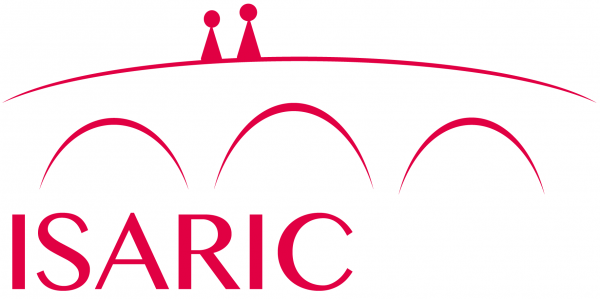IDDO and ISARIC partner to support data collection and analysis for COVID-19
In January 2020, ISARIC (the International Severe Acute Respiratory and emerging Infections Consortium) launched an international initiative for standardised COVID-19 clinical data collection. Over the past nine months, there has been extensive global participation, resulting in one of the world’s largest collections of comprehensive clinical data for COVID-19.

To date, the ISARIC COVID-19 database has data from more than 118,000 individuals from 648 sites across 52 countries (figures growing daily). These data are regularly analysed and publicly reported so that knowledge can be generated and shared at an accelerated pace. Collecting and reporting on real-time evidence in this way helps inform clinical decision-making and public health response.
In the interest of maximising the impact of this global collaboration, ISARIC has partnered with IDDO to expand the database infrastructure so it can integrate new types of data and new partners. IDDO is uniquely positioned to do this, having over a decade’s worth of experience in collecting and standardising disparate data from different diseases and areas around the world.
Laura Merson, IDDO Associate Director says: “The synergy of ISARIC’s leadership in emerging infections research, and IDDO’s expertise in data curation and analysis has produced a truly global resource, able to integrate partners and data across languages and domains to accelerate the production of evidence.”
Together, ISARIC and IDDO are developing systems to make the data more widely available, including working with those who collect the data to generate collaborative analysis, and building data governance systems that allow data to be shared more widely.
“We want to make this resource more efficient: these changes will help us remove the problems that would restrain the accumulation and analyses of data by making it possible now to open up the system to input from more contributors, and access by more researchers.” Says Piero Olliaro, ISARIC Director of Science.


